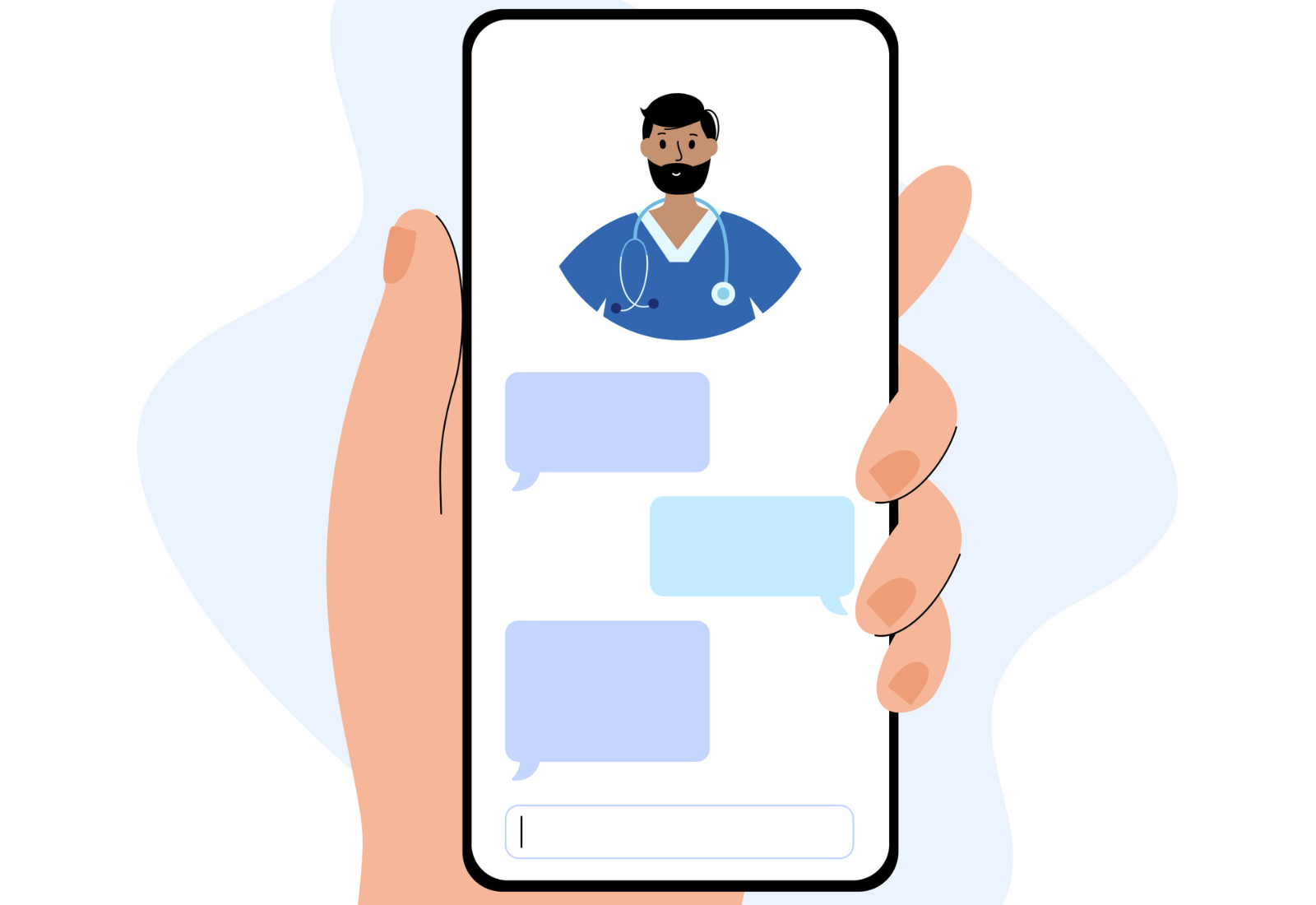A few weeks ago, we hosted a webinar discussing ketamine regulation and the future of psychedelic medicine. There have been significant developments in the world of ketamine telehealth that deserve attention.
To provide some background, ketamine is classified as a schedule III controlled substance under the federal Controlled Substances Act (CSA). The Ryan Haight Act (RHA) requires physicians to have an in-person consultation with a patient before prescribing controlled substances like ketamine. During the COVID-19 public health emergency (PHE), this requirement was suspended, leading to a rise in ketamine telehealth services.
On May 11, 2023, the PHE officially ended, causing speculation that the RHA requirements would be reinstated. However, a few months ago, the DEA proposed a rule that aimed to find a middle ground for prescribing certain controlled substances. Although the proposed rule offered more flexibility than the RHA, it received a considerable number of comments (38,369 to be exact). In a surprising turn of events, the DEA decided to adopt a temporary rule that maintains the current status quo for six months, essentially allowing the existing telehealth flexibilities until November 11, 2023. Prescriptions for relationships established during the PHE or before November 11, 2023, can continue until November 11, 2024. While there are some nuances to consider, this is a positive development.
Now, let’s move on to other news. Recently, the Washington Post published an article about a South Carolina physician who reportedly lost the ability to prescribe controlled substances, including through ketamine telehealth. This physician had a nationwide practice of prescribing ketamine, and the DEA suspended their prescribing privileges without clear reasons. It remains uncertain how this incident will impact other ketamine telehealth providers, but it is certainly something to monitor in the coming months.
For further updates on legal issues related to ketamine telehealth, stay tuned to the Psychedelics Law Blog.
FAQs
1. What is ketamine telehealth?
Ketamine telehealth refers to the provision of ketamine-related medical services, including consultations and prescriptions, through telecommunication platforms.
2. What is the Ryan Haight Act?
The Ryan Haight Act is a federal law that requires physicians to conduct an in-person consultation with a patient before prescribing controlled substances such as ketamine.
3. What happened when the COVID-19 public health emergency (PHE) ended?
With the conclusion of the PHE, the anticipation was that the Ryan Haight Act requirements would be reinstated for ketamine telehealth services.
4. What was the DEA’s proposed rule regarding prescription of controlled substances?
The DEA proposed a rule that aimed to create a middle ground for the prescription of certain controlled substances, including ketamine, providing more flexibility than the Ryan Haight Act.
5. Why did the DEA adopt a temporary rule instead?
After receiving numerous comments on the proposed rule, the DEA decided to adopt a temporary rule that maintains the current telehealth flexibilities for a period of six months.
6. What happened to the South Carolina physician who prescribed ketamine via telehealth?
The DEA suspended the physician’s ability to prescribe controlled substances, including ketamine, without clear reasons, raising concerns among other ketamine telehealth providers.
7. Where can I find more information on ketamine telehealth legal issues?
For additional updates and insights into legal matters surrounding ketamine telehealth, visit the Psychedelics Law Blog.


